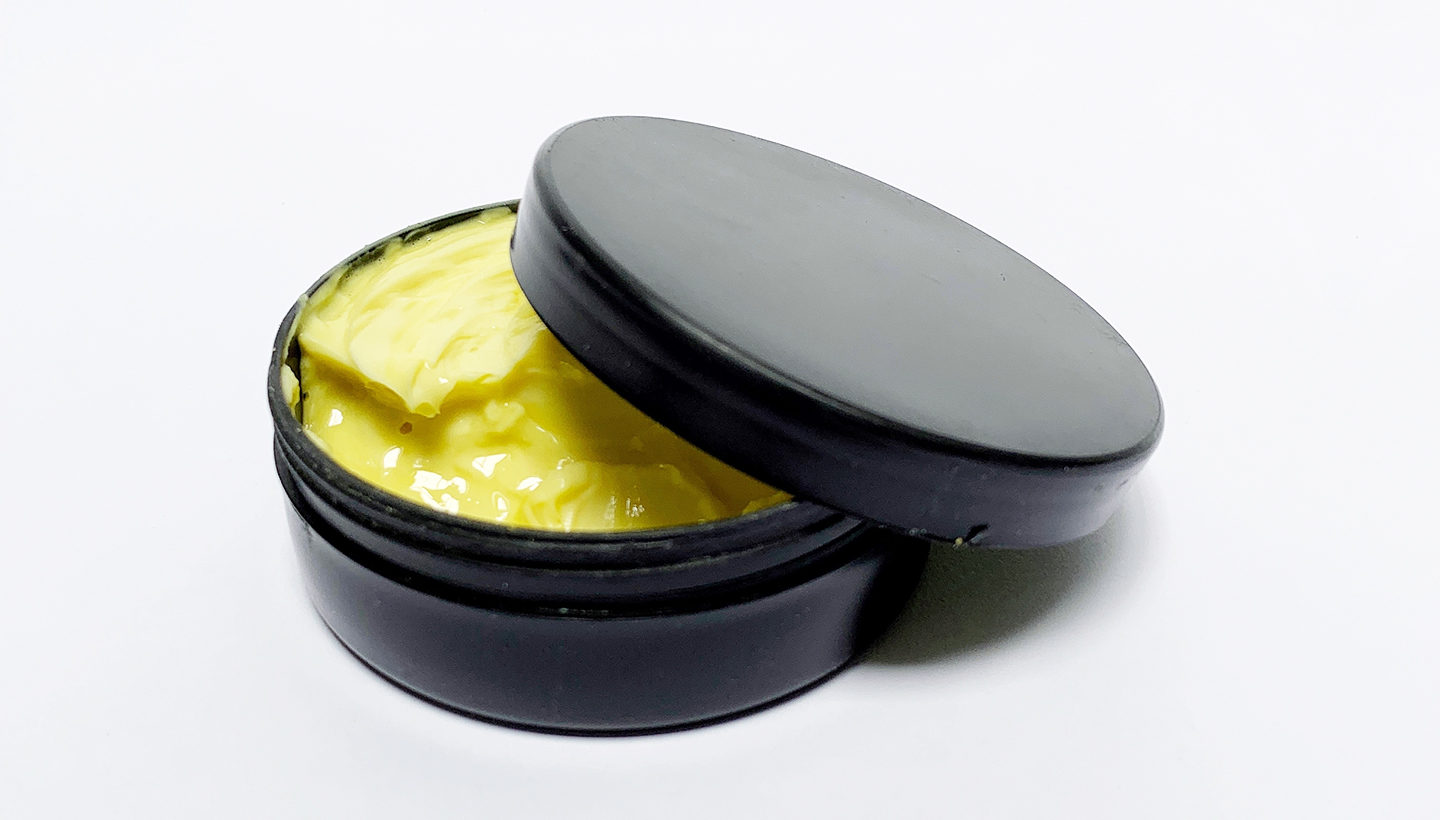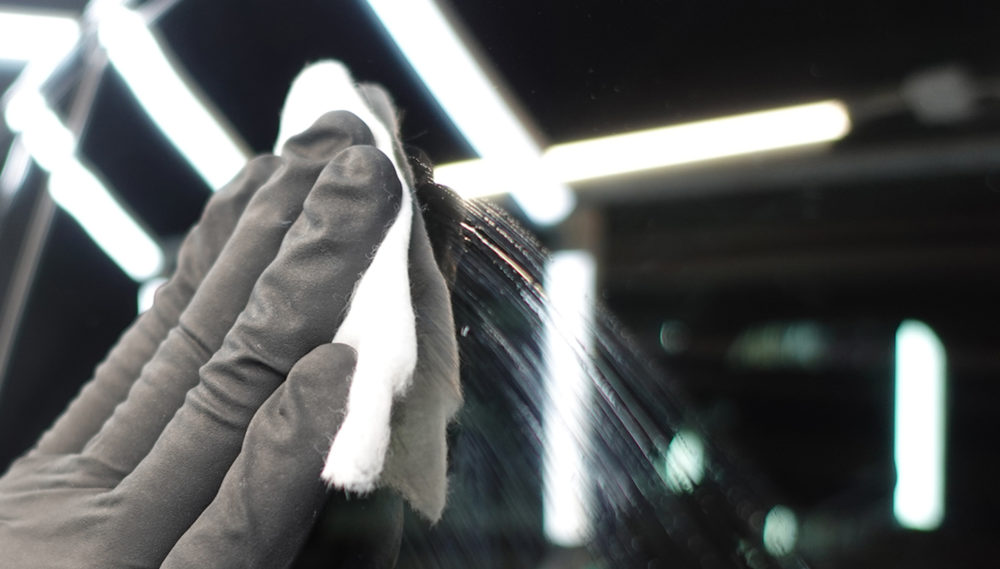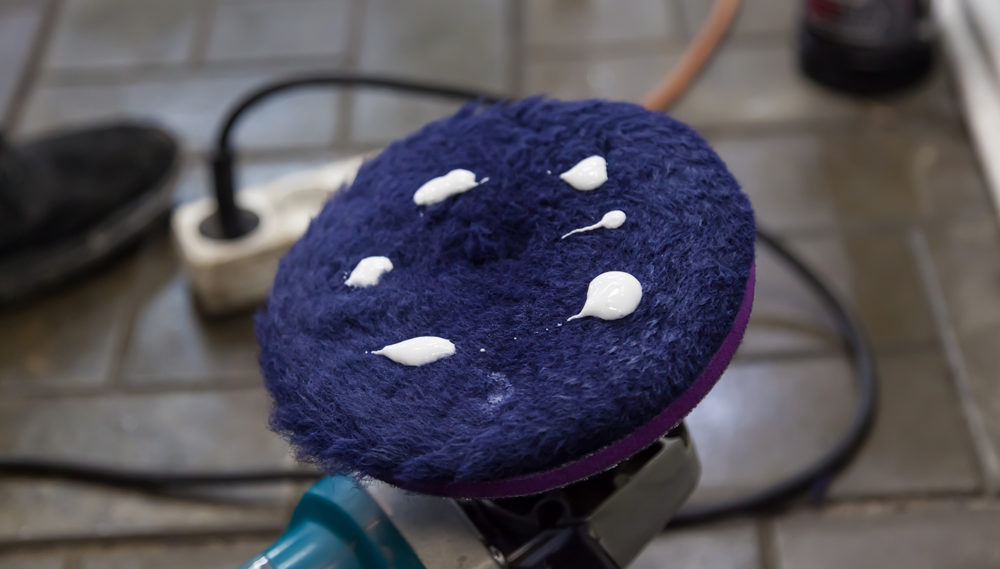About Car Compounds: Functions, Types, How to Use
23 November, 2023

Car compound is a material that has abrasive properties and is often used to polish painted parts, such as car paint. The abrasive properties of this compound will have their own levels, depending on the type of compound used.
In general, this car compound is usually used to disguise and remove scratches or scuffs on the paint on the car body. This kind of ability is certainly possessed by all existing types of compounds.
Therefore, it is not uncommon for car owners to have a compound at home to remove scratches or scuffs on the car’s paint. This is because scratches or scuffs on a car can occur when there is an accident or negligence when using the car.
Even when you are careful when driving a car, it is not uncommon for the car to be hit by another driver, such as a motorbike at a red light. Many parts of motorbike handlebars often touch the body of the car, leaving scratches and scratches on the car which are uncomfortable to look at.
To overcome this problem, if it is not too serious, it can be removed by applying compound to the scratches or abrasions on the car body. To better understand car compounds, you can read the review below to make it easier to use car compounds.

Functions of Car Compounds
Car compound has several very useful functions for caring for the paint on the car body. For car owners, they usually have this car compound at home in case there are scratches on the car after driving it.
The Following are the functions of a car compounds:
-
Treating Scratches on Cars
It is very difficult to avoid scratches or scuffs on the surface of the car, and sometimes it makes us think about repainting the entire surface. However, if you know how to prevent a scuffed car from having to be repainted, you can avoid it. Scratches or scuffs on a car usually only damage the paint layer, so you only need a compound to remove or disguise the scuffs.
-
Smooths the Surface of the Car Body
Car compounds can be used to smooth the surface of the car body. Even if there are no scratches or scuffs on the car paint, you can use the compound after washing the car thoroughly. After washing the car thoroughly, applying the compound to the desired parts will make the surface of the car body more shiny and beautiful.
-
Removing Asphalt Splashes
When driving on paved roads, the compound can remove asphalt splashes from the car body. If asphalt spatter is not removed, the paint will be damaged. Therefore, it is very important to know how to use the right car compound for asphalt splashing.
-
Remove Mold
Don’t let the mold on the car sit for too long because it can damage the paint. You can use a compound to remove the mold. The compound erodes mold due to its abrasive nature. In addition, it is very helpful in removing stubborn stains on car panels.
Types of Car Compounds
If you want to use the compound yourself on your car body, you need to know the types of car compounds before using them. There are several types of compounds with different functions that you can choose from, including:
-
Red Compounds
As the name suggests, this red compound has a brownish-red color, which has the highest abrasive level when compared to other types of compounds. This compound is rarely used because it can excessively erode car paint.
Car painters usually rarely use them except for problems such as serious scratches that require repainting. Apart from that, this compound can be applied to glass using a polishing machine.
-
White Compounds
This compound is white, as the name suggests. Even though the abrasive level is not as high as the red compound, this compound is still abrasive. Even so, you still have to be careful when using this compound. If you use too much, it will scrape the car paint.
Painters usually recommend using fine compound before white compound because fine compound still cannot remove scratches.
-
Soft Compounds
This compound is the most common type of compound used for various purposes. It is recommended to use it for the first time if the body or bumper is hit by a blunt object or vehicle. Both are abrasive, but at a low level, so they won’t scratch the paint too much, even if they are used a lot.

How to Use Car Compounds?
The steps for using a car compound are easy enough to do at home independently. Some of these methods require just preparing some simple equipment, such as compound, rags, and water.
-
Observe the Scratches on The Car and Clean It
Pay attention to the scratches on the car body. If it still feels light, it can still be removed with a compound. However, if it is serious, the compound will not be able to remove it.
After identifying the scratches on the car body, clean the area that will be smeared with compound. Make sure there are no stains in the form of dust or sand, so as not to make the scratches on the car worse.
-
Polish the Scratched with a Fine Compound
Once the scratches on the car are clean, apply a fine compound to the desired area. Using a fine compound can be done with a cloth or polishing tool.
If done manually, first spread the fine compound with your fingers on the scratches on the car body, then rub gently in a circular motion while pressing slightly. Repeat this process until the results are optimal.
-
Clean it with Water
After that, the compound is cleaned. The best way to clean the remaining car compound is to wet a cloth with water and then wipe with a dry cloth.
-
Give it a Shine
The car compounding process is actually enough to clean it with water. But to beautify the surface, there is a polishing stage. This process makes the paint color shiny again and can be added to waxing to protect the car body.
Those are some explanations about car compounds, starting with their function, types, and how to use them. For car owners, using a compound is very useful for dealing with car scratches that damage the appearance of your car’s body.



